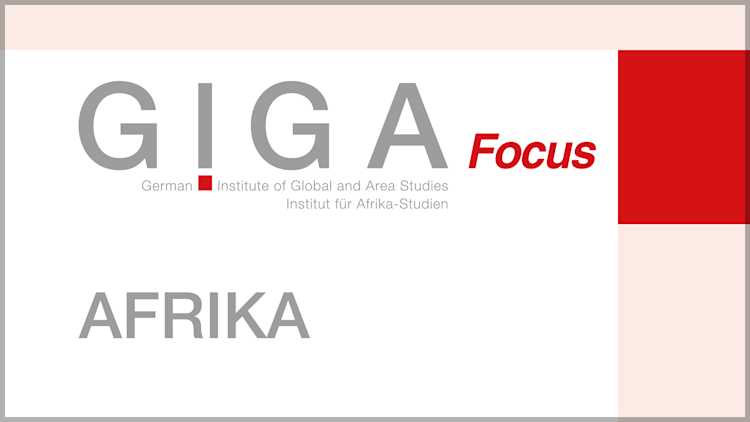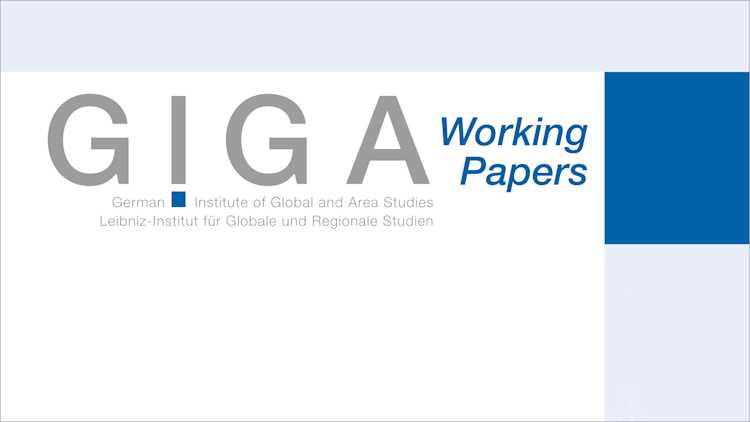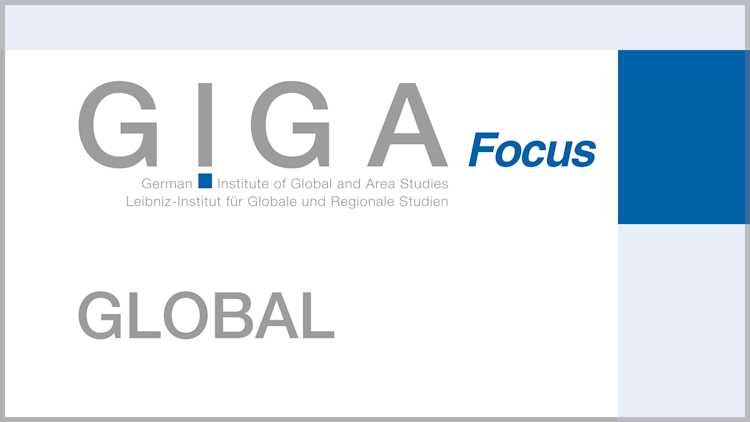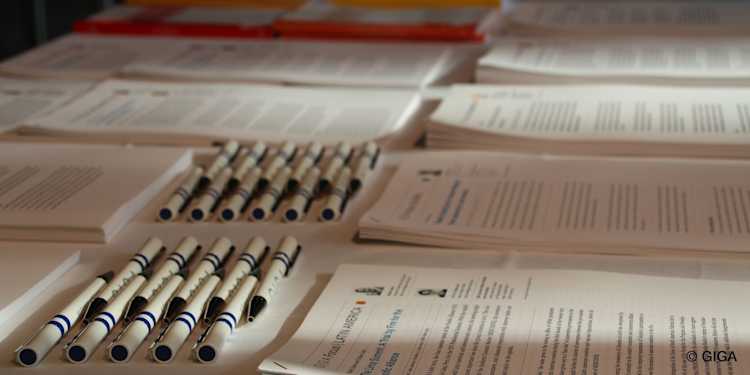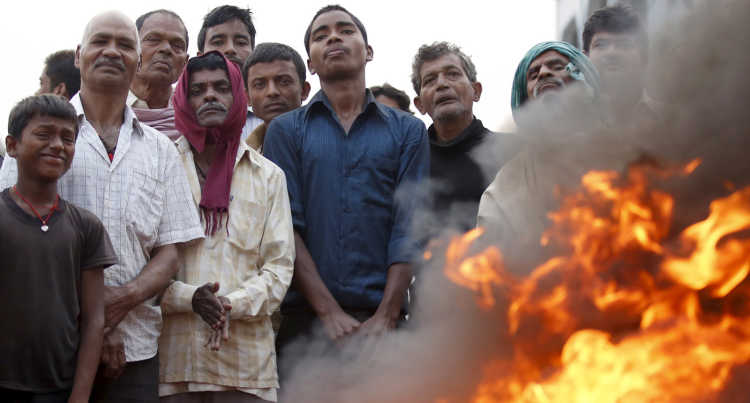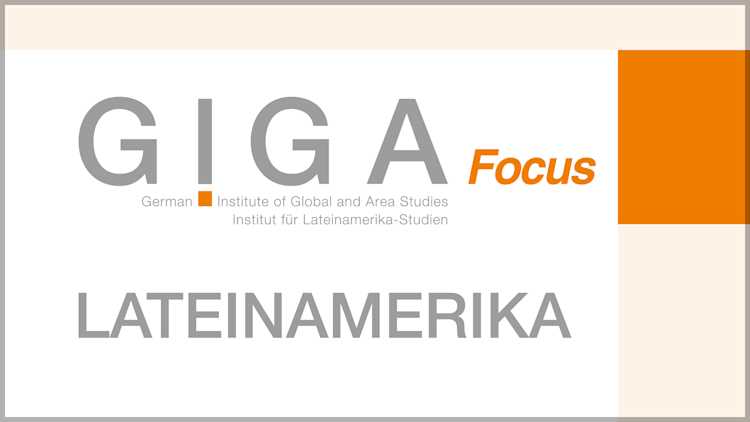- Home
- Publications
- GIGA Focus
- Institutionelle Reformen zur Friedenskonsolidierung
GIGA Focus Africa
Institutionelle Reformen zur Friedenskonsolidierung
Number 6 | 2012 | ISSN: 1862-3603
Am 19. September 2012 veröffentlichte die Bundesregierung im Zusammenhang mit einer Strategie der Krisenprävention ressortübergreifende Leitlinien für eine kohärente Politik gegenüber fragilen Staaten. Darin gibt sie das Ziel aus, Staatlichkeit durch "institutionalisierte und rechtlich abgesicherte Mechanismen der gleichberechtigten politischen Teilhabe" zu fördern.
Analyse Wissenschaftler, Diplomaten und Entwicklungspolitiker gehen zumeist davon aus, dass institutionelle Reformen zur Friedenskonsolidierung in Nachkriegsgesellschaften beitragen können. Es bleibt jedoch unklar, unter welchen Bedingungen solche Reformen Erfolg haben. Eine Analyse institutioneller Reformen in 18 Nachkriegsstaaten in den Bereichen territoriale Staatsstruktur, Wahl- und Parteiensysteme, Regierungssysteme, Sicherheitssektor und Justiz in den Jahren von 2000 bis 2005 deutet auf folgende Ergebnisse hin:
Nationale und internationale Akteure müssen bei den Reformen die Wechselwirkungen der Institutionen untereinander und das gesamte „Konzert“ der Institutionen berücksichtigen.
Viel zu selten wird beachtet, dass Reformen in unterschiedlichen Politikbereichen sich gegenseitig widersprechen können oder zusammen eine Wirkung entfalten, die immer die gleichen „Reformverlierer“ hervorbringt – das kann einen notwendigen Elitenkonsens untergraben.
Reformüberlastung aufgrund vieler gleichzeitig reformierter Institutionen kann die Friedenskonsolidierung gefährden.
Für den Erfolg institutioneller Reformen ist über die reine Festlegung in Friedensabkommen und/oder Verfassungen hinaus ihre effektive Umsetzung notwendig.
Footnotes
Regional Institutes
Research Programmes
How to cite this article
Ansorg, Nadine, Felix Haaß, Andreas Mehler, and Julia Strasheim (2012), Institutionelle Reformen zur Friedenskonsolidierung, GIGA Focus Africa, 6, Hamburg: German Institute for Global and Area Studies (GIGA), http://nbn-resolving.de/urn:nbn:de:0168-ssoar-321083
Imprint
The GIGA Focus is an Open Access publication and can be read on the Internet and downloaded free of charge at www.giga-hamburg.de/en/publications/giga-focus. According to the conditions of the Creative-Commons license Attribution-No Derivative Works 3.0, this publication may be freely duplicated, circulated, and made accessible to the public. The particular conditions include the correct indication of the initial publication as GIGA Focus and no changes in or abbreviation of texts.
The German Institute for Global and Area Studies (GIGA) – Leibniz-Institut für Globale und Regionale Studien in Hamburg publishes the Focus series on Africa, Asia, Latin America, the Middle East and global issues. The GIGA Focus is edited and published by the GIGA. The views and opinions expressed are solely those of the authors and do not necessarily reflect those of the institute. Authors alone are responsible for the content of their articles. GIGA and the authors cannot be held liable for any errors and omissions, or for any consequences arising from the use of the information provided.






